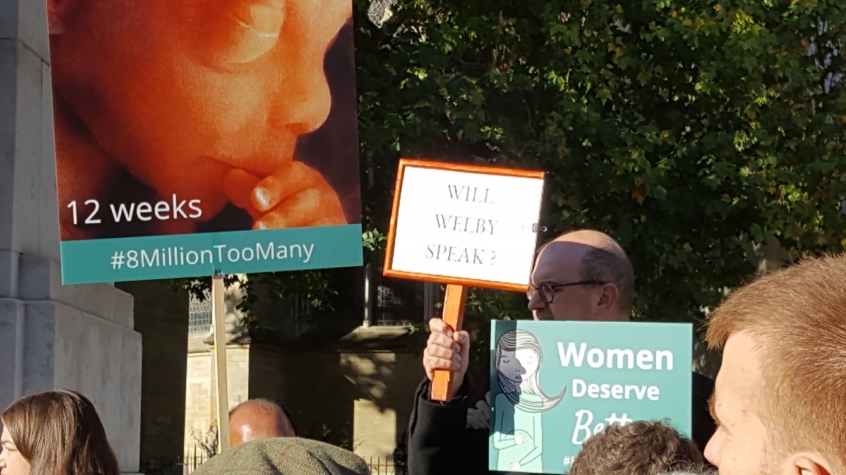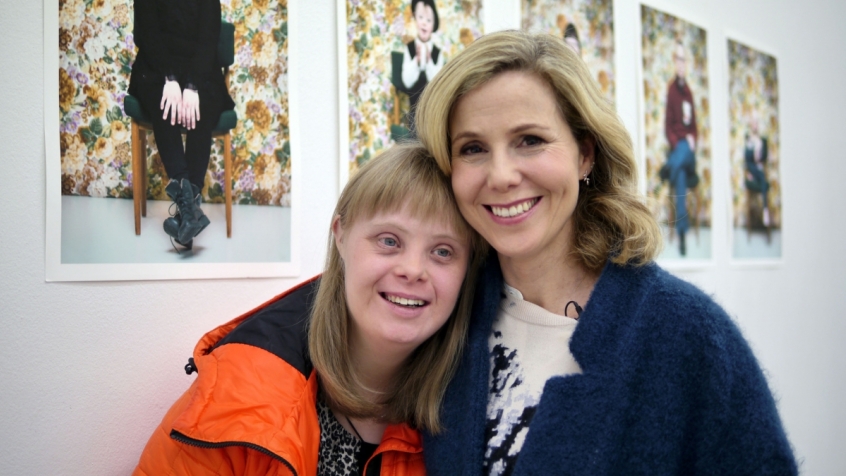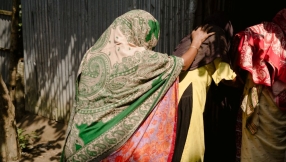The Church of England will consider calls for 'unbiased information' on Down's syndrome to become available amid claims that out-of-date advice is leading to more women choosing to abort their unborn child.
A new form of pre-natal screening is being rolled out across to NHS to test for disabilities, including Down's. But women are not being given full enough information, the General Synod will be told in February, with some warned of 'bad news' when told their child might have Down's.

The CofE's ruling body will debate whether to call for 'comprehensive, unbiased information' around the new pre-natal screening hoping that will reduce the number of women choosing abortion.
The Church is opposed to abortion and believes that life begins from conception, although it recognises there can be 'strictly limited conditions' where termination 'may be morally preferable to any available alternative'.
However among churchgoers opinion on abortion varies widely and the debate will pit staunch pro-lifers against those who think women should be able to chose without interference.
Officials insisted the decision on whether to have an abortion was the mother's choice and the new pre-natal screening, called Non-Invasive Prenatal Testing (NIPT), 'is not intrinsically problematic'.
'But the manner in which is it introduced, understood and administered has the potential to lead to major reductions of Down's syndrome live births,' a briefing paper for synod members released on Friday said. It pointed to countries such as Denmark where screening has created 'a real possibility that people with Down's syndrome will effectively disappear'.
Rev Dr Brendan McCarthy, the CofE's medical ethics adviser, said that greater information for women was good but warned of 'unintended consequences'.

He told reporters: 'We have a difficulty when someone might say, "I'm sorry we have got bad news for you". We want to suggest that Down's syndrome is not bad news.' He added the quality of life for people with Down's syndrome had dramatically improved in recent decades and women were often not told about improvements when considering whether to continue with their pregnancy.
Asked whether he wanted fewer terminations to take place, McCarthy said: 'What we want is to to value people with Down's syndrome. It is difficult to say, "We value you and we will continue to value you if people like you disappear completely."
'While it obviously is the women's choice, our hope is that with the full information and up-to-date information the number of women who chose to end their pregnancy will fall.'
He said more and more commercial providers outside of the regulation of the NHS were offering NIPT and abortions. The motion, if passed, will call on the government to ensure 'parents who have been told that their unborn child has Down's syndrome will be given comprehensive, unbiased information with regard to this condition'.













